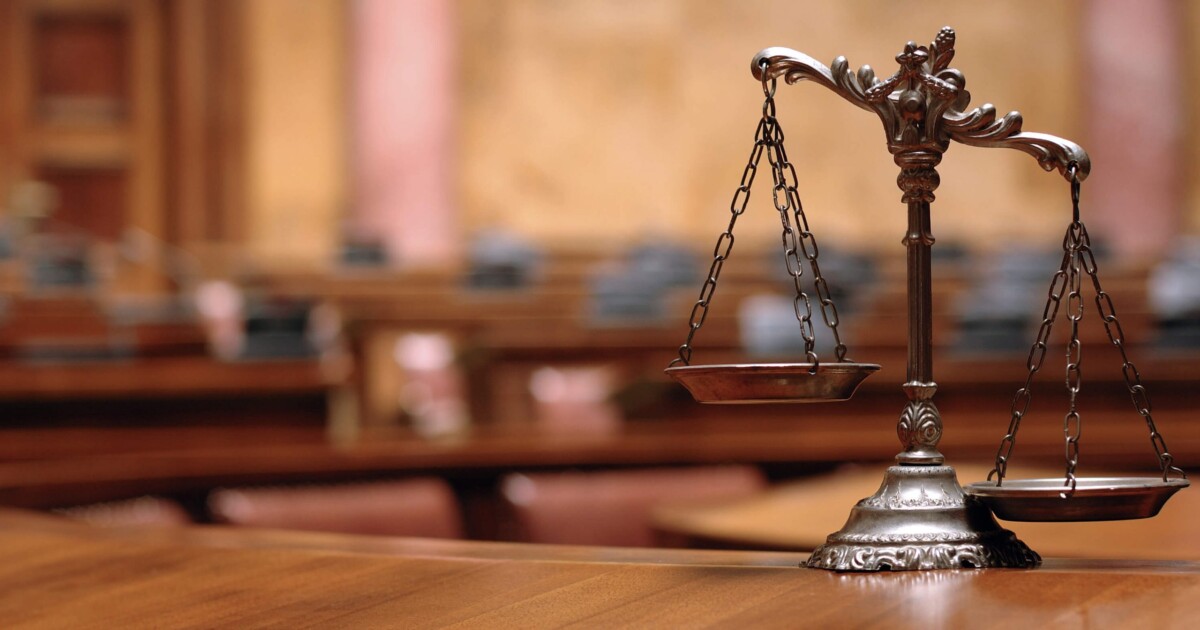

On September 5, a year had passed since the actual launch of the High Anti-Corruption Court. On this occasion, Transparency International Ukraine held a public discussion of the court’s performance.
During the discussion, public experts and court representatives shared their views on what have become the biggest challenges for the already established court, of what achievements it can boast after a year of work, and when society will eventually receive as many convictions as it expects.
For instance, Executive Director of TI Ukraine Andrii Borovyk is convinced that the idea of the High Anti-Corruption Court came from civil society organizations, while the authorities were initially opposed to it. Later, when international institutions made the HACC a prerequisite for further cooperation, the authorities started changing their stance.
Now that the HACC has been established and is actively working, the judges are facing new challenges, just as serious as before. Trust in the judiciary, including the HACC, leaves much to be desired: “From today on, courts need to communicate their actions and decisions proactively. Improvement of communication, explaining and covering your work, and, of course, fair justice would significantly increase public trust in the High Anti-Corruption Court.”
In his turn, Deputy Head of the HACC Yevhen Kruk pointed out that during the first year of its work, the High Anti-Corruption Court already received almost 11,000 motions, complaints and applications. In total, today the HACC is considering 178 cases, most of which have been transferred to it from other courts.
“There have been cases that had not been considered for 8 years,” said the judge. “The first decision, in a case brought against a former judge, was considered by the High Anti-Corruption Court in 42 days. Previously, this case was in other courts for 567 days. The HACC took 10 times as little time.”
Yevhen Kruk named the unprecedented publicity of the High Anti-Corruption Court and high public interest in its work another of its achievements. Media cover HACC decisions nearly every single day.
HACC speaker judge Inna Bilous pointed out that the scope and complexity of cases pose another challenge faced by the High Anti-Corruption Court. One more challenge is a lot of false information circulating about the court.
“Sometimes, this happens without any malicious intent, since work in the information space is very dynamic,” explained Inna Bilous. “But lately, we have had to encounter very biased media coverage. Unfortunately, we can even point out smear campaigns aimed at discrediting the institution and distorting its work.”
Vadym Valko, expert on HACC cases, says that in almost four years of the NABU-SAPO activity, we had general courts reach 33 decisions in their corruption-related cases, while the HACC has already made sixteen in one year.
However, there are still some shortcomings in the Court’s work. “80% of HACC cases have already been in preliminary hearing. But there are about 15 cases left without a preliminary hearing for a year. This is not ideal,” says Valko. “But the reasons for such situations are changing. Before, court hearings were missed because it was hard to get the entire judicial panel together. Now the reasons are usually something like the absence of defense attorneys.”
Overall, by the end of the discussion, all experts agreed on a moderately optimistic assessment of the Court’s performance.
“One year is evidently too little to make or break the court,” summed up moderator Kateryna Ryzhenko. “This is just the beginning. We see the HACC’s first achievements and challenges. There is still time to resolve them. Moreover, the High Anti-Corruption Court itself has enough promise and motivation today to overcome all obstacles to justice in grand corruption cases.”
We remind you that, as part of the HACC monitoring, TI Ukraine’s junior lawyers are already analyzing 43 criminal proceedings, in which they have attended 64 court hearings. Recently, the organization’s experts have shared the first results of this research. Even though the monitors have already noticed some violations, the monitoring data gives us reasons to be moderately optimistic in our predictions.
The event All You Wanted to Know about the High Anti-Corruption Court was conducted with the support of the Department on Law Enforcement Issues of the US Embassy in Ukraine.






